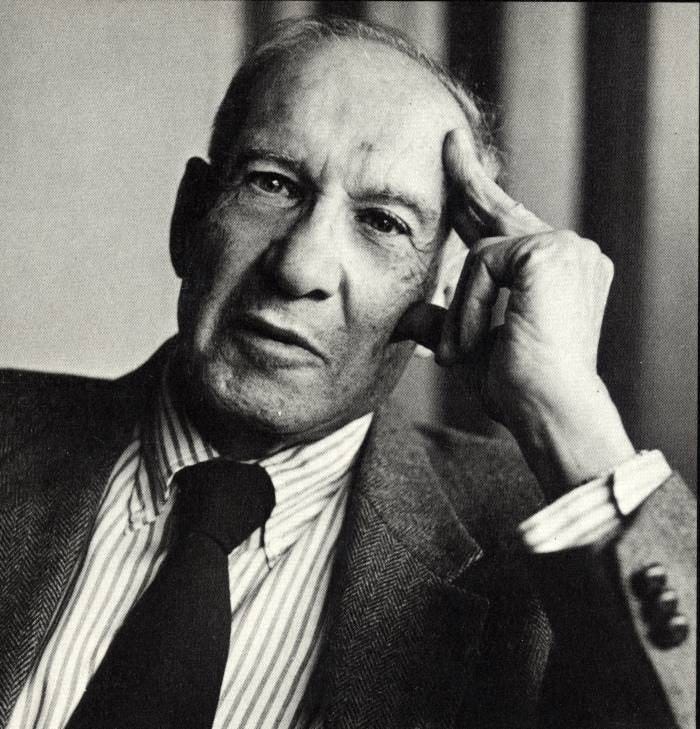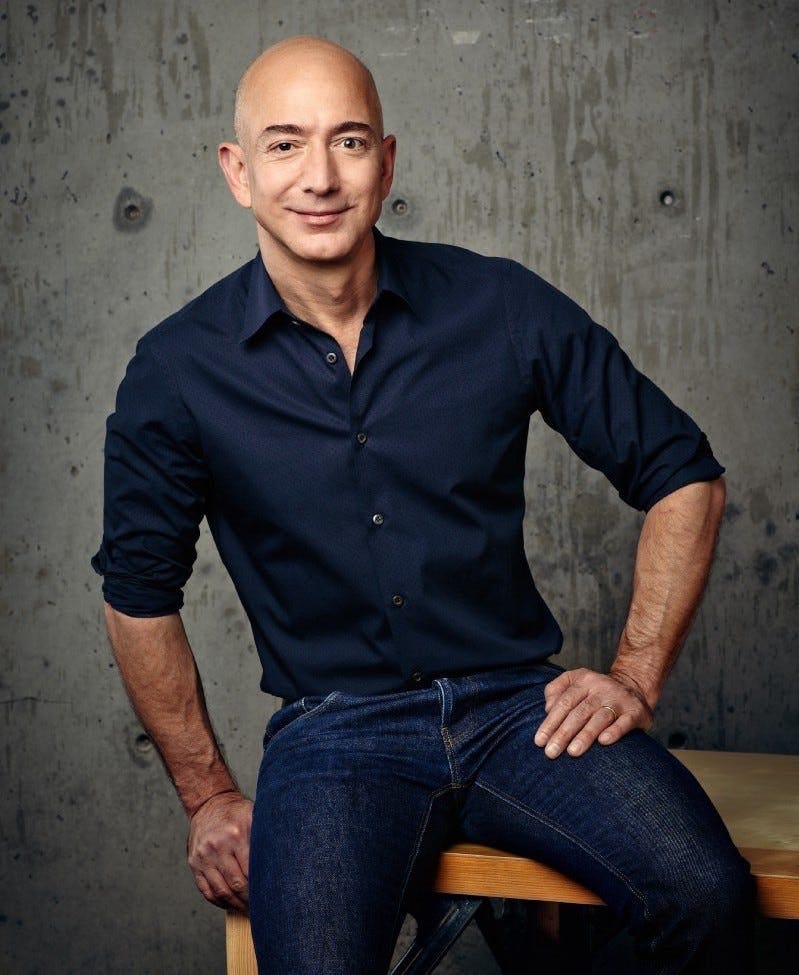Innovation needs convictions
In my previous posts I shared about how embracing the new required a special type of mindset in order to break walls and build bridges: to be a change agent.
A change agent has a vision: it encompasses a long term view of a purpose, goals and values, it is built around a conviction.

How to develop a conviction?
Problems, Insights and Hypothesis
Convictions are formed by opinions, opinions are born from hypothesis, hypothesis are drawn from observations and insights.
"Sorry we only take cash": ever encountered one of these situations?
That used to drive me absolutely mad (and it still does although in fairness most businesses tend accept cards now). Why? Because:
I don't like to count change, carry coins and bills,
It's slow an inefficient and adds to queues at cash out
I like to track my spending
The first credit card was invented in 1950 (!), the Diners Club, so by no means using plastic to pay is new...!
Frustrations can be a great source of innovation. Frustrations are emotions, but they can get converted into insights and observations. It would go like this:
Maybe it's not just me? Maybe others are equally frustrated? In fact there are many people who find cash inconvenient, and if so, maybe there is a market for cashless payments? That's my hypothesis.
The more I talk to people and validate my hypothesis the more I develop an opinion that something needs to change.
At some point I will get absolutely convinced that something will change, then I can decide to lead this change or just wait and follow.
In my case, my frustration led me to work on designing and deploying contactless payment systems across transport and retail on 3 continents for close to ten years. Such a great opportunity to bring convenience to millions of daily commuters and shoppers!
“
Innovation is the means by which the entrepreneur either creates new wealth- producing resources or endows existing resources with enhanced potential for creating wealth.
— Peter Drucker
There are other ways to find sources of innovation. I highly recommend reading this HBR article by Sawhney and Khosla from the Kellogg School of Management, Northwestern University: Where to look for insight.
How to bring a conviction to life?
Leadership, Followers and Execution

In my earlier post, I mentioned that a change agent, thanks for her or his leadership will obtain buy-in from others, and her or his resilience will help execute and deliver.
Leaders need followers to help them achieve their grand plans (most of the time ruthlessly), so they can achieve their goals. They inspire through their charisma or their execution skills to sell their vision to others. That's how they get investors, customers and loyal employees to support their journeys.
Facebook's founder Mark Zuckerberg created the Largest Autocracy on Earth from his Harvard dorm: a 67,000+ employees company to manage its 2.9 billion users.
SpaceX's founder Elon Musk sent his own Tesla roadster to space using his own Falcon Heavy rocket, but his first company Zip2 was an online directory. His companies employ about 110,000 people globally.
Amazon's founder Jeff Bezos created the second largest retailer in the world but he was flipping burgers at McDonald's when he was 16. Today, 1 out of every 153 American workers is an Amazon employee.
“
Will you wilt under criticism, or will you follow your convictions?
— Jeff Bezos, We Are What We Chose, Commencement Speech at Princeton University, Class 2010.
How to allow convictions to emerge in an organization?
Frame, Space and Support
Obviously managing and getting the best out of people with strong convictions can be challenging. In a corporate setting it's a constant balance between giving enough space for such spirited personalities to flourish and work their magic, while keeping the controls in place to ensure their work aligns with the company's direction, values and standards.
Convictions fuel innovation. Corporate obedience crushes it.
People with strong opinions may struggle in evolving in the complexities of corporate hierarchies, constant negotiations, complex rules and some politics to get to the end result. They need a frame and support to evolve safely in this environment, while accepting the fundamental rules of the corporate setting.
For years, Google used to have the 20% rule for their employees to spend 80% of their time on their job, and 20% on projects of their choice, unrelated to their regular job responsibilities.
The lesson is it's not enough to just encourage new ideas. They can only develop and mature into convictions and morph into reality with a framework to institutionalize the creative process end to end; including how to ideate, define, prioritize, invest, support, deploy and adopt these innovations across the company. The Discipline of Innovation, by Peter F. Drucker, although from 2002, is still very relevant: even creativity needs structure.
This is a delicate balance: focusing too much on doing things right vs doing the right thing suppresses creativity in the name of compliance.
How about you? What fuels your convictions? Where did your convictions lead you to?





